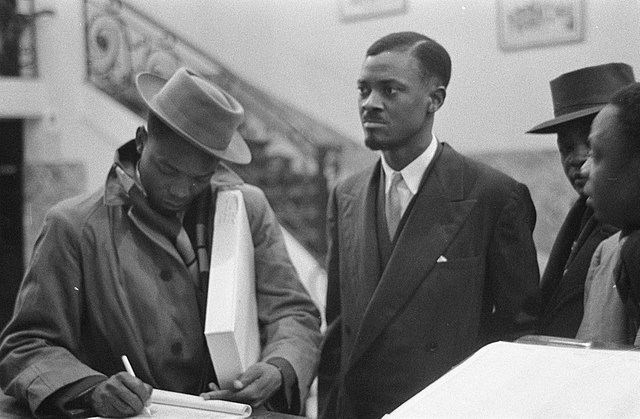Exactly 62 years after the first Prime Minister of the Democratic Republic of the Congo (DRC) Patrice Lumumba was assassinated in 1961, the University of Antwerp (UAntwerp) will name a historic auditorium on its campus after him.
Lumumba will have an auditorium named after him in the main building that used to house the Colonial College ("Koloniale Hogeschool" in Dutch) on what is now Campus Middelheim. This campus has a direct link with the Belgian colonial past in Congo, Rwanda and Burundi as it was where men received an elite education before leaving to govern the colonies afterwards.
"With this name change, the University of Antwerp wants to contribute to an inclusive world," Rector Herman Van Goethem announced in a press release. "Just like in society at large, the debate about decolonisation is also alive at our university. The legacy of Belgium's colonial past is still tangible."
In 1960, Lumumba became the first Prime Minister of the independent DRC and in that capacity denounced the exploitations and violence during Belgium's colonial rule. On 17 January 1961, he was assassinated. "This was done in collaboration with Belgians and with the knowledge of the Belgian government," said Van Goethem.
Related News
- Reparations? No consensus on how Belgium should apologise for colonial past
- Belgium finally returns tooth of assassinated leader Lumumba to DRC
- 'Deepest regret,' but no apology: King Philippe acknowledges colonial cruelties
"In the decades after his death, Lumumba grew into an important symbol for emancipation, respect, equality and human rights," he added. The university sees the name change as a tribute and a way to "make the communication about the colonial heritage and the atrocities possible and as a beacon of reflection about the world we want."
The auditorium will be officially renamed on 31 March in the presence of Lumumba's children and grandchildren. Every year in March, the University will organise special activities on inclusion and diversity for the broad target group of students and staff.
"Symbolic actions are strong and important, but not enough," said Van Goethem. "We want to take our responsibility to rectify unjust international relations based on Western superiority and unequal economic-political interactions."

